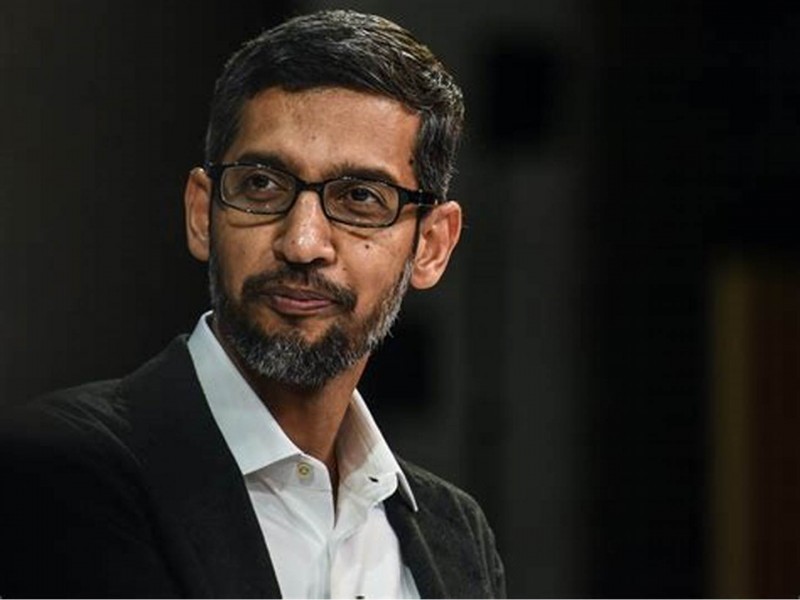
A chief executive officer, or CEO, is the highest-ranking executive of a company or organization. These individuals manage the overall operations and resources of a business, communicate with board members and shareholders, and are often known as the public “face” of their company.
What does a CEO do?
As the top executive within a business, a CEO serves as the company’s primary decision-maker. The phrase “the buck stops here” is a euphemism that aptly describes the chain-of-command that leaves strategic decision-making and growth in the hands of a CEO, despite the collaboration of employees and other executives working below them.
Depending on how a company operates, a CEO may oversee the operations of other executives, employees, or even presidents of multiple entities (when part of a conglomerate). They also typically serve as the main liaison between a company and its board of directors, ensuring that the day-to-day operations follow the company policies established by a company’s board of directors.
CEOs build relationships with stakeholders and donors, are involved in fundraising efforts, and oversee business’ funding on an executive level. While they usually won’t be as involved with the day-to-day slogging through paperwork and communication, they may direct the management of media relations, make media appearances, participate in community partnerships, outreach, and more.
Specifically, in smaller companies, some CEOs choose to focus more on internal operations than dealing directly with the public. These CEOs work mainly with a company’s employees and other executives to provide direction, assess company goals, and develop targets for performance, and more. They may work closely with a company’s chief financial officer (CFO) to manage budgets and expenses, and direct spending to propel growth.
How do you become a CEO?
A CEO serves in a role that offers both great power and great responsibility, as well as significant financial rewards. Working your way up the corporate ladder takes time, experience, and hard work, and most CEOs dedicate years of their working life to achieve their position.
Unless a CEO plans to launch their own company, most will first earn a bachelor’s degree. A degree in business, liberal arts, communication, or another similar field may suit a potential CEO.
After their undergraduate coursework is complete, many CEOs will obtain a graduate degree in business administration, finance, or law such as a Master’s of Business Administration (MBA). Coursework within these fields of study is helpful to prepare a would-be CEO to learn the intricacies of running a business, corporate strategy, leadership, project management, and more.
Most CEO jobs require about a decade of related experience in management, often working through other c-suite executive positions, before landing a CEO role.
What skills do you need to become a CEO?
A CEO’s main set of responsibilities involve communication on every level — with fellow executives, board members, shareholders, their employees, and the public at large. They should be able to communicate effectively, employ a variety of leadership skills, have an understanding of their ethical responsibilities, as well as be able to coordinate and execute strategic plans for their business.
A CEO’s responsibilities vary greatly, but in general, they should be able to multitask, prioritize, problem-solve, and make concrete decisions while maintaining a level of flexibility to change course when necessary.
IIFT Recruitment 2021: Apply Online for 13 Faculty Posts before 26 May
UAE healthcare group rush to the rescue of Kerala nurses stranded due to coronavirus job scam
Kerala TET 2021: Registration ends on May 23, steps to apply